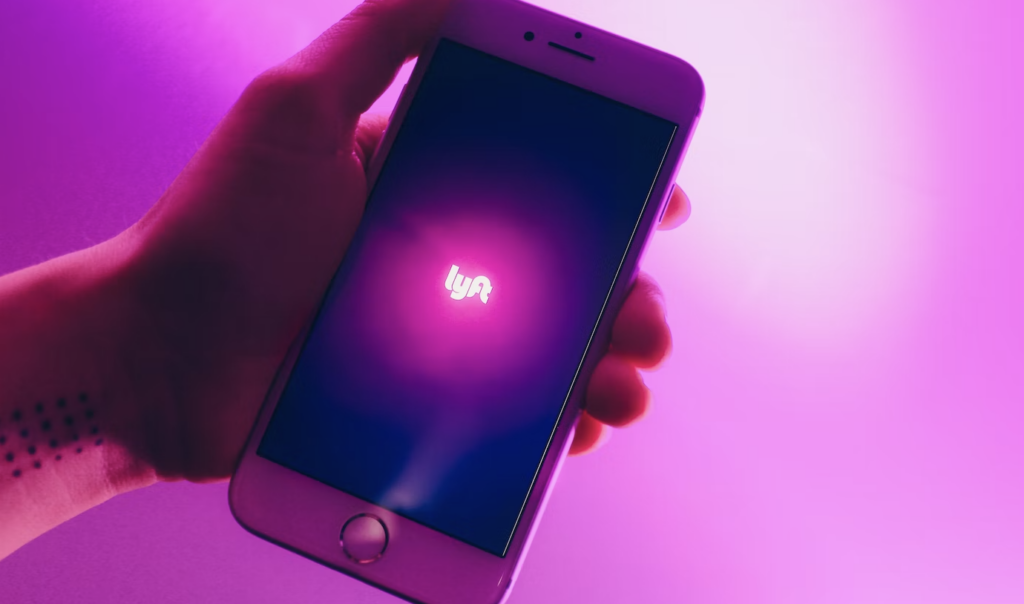All Lyft Rides Will Soon Be Done In Driverless Cars?
Lyft co-founder John Zimmer is dedicated to adding autonomous cars to Lyft's fleet of vehicles because of his belief that self-driving cars are the future of the ridesharing industry.
This article is more than 2 years old
The gig economy in the United States is booming as an increasing number of workers have found the freedom that comes with being their own boss. But since ridesharing companies like Lyft are shifting towards autonomous vehicles, where does that leave the drivers? The answer may actually be good news for current gig workers.
Over the last few years, rideshare companies have made waves in the news and across Wall Street with their optimistic industry predictions. A prime example is Lyft co-founder John Zimmer, who, in 2016, predicted the company’s entire fleet would be autonomous vehicles. Lyft believed in this prediction so strongly that it created a division to develop autonomous vehicles (AV). That division has since been sold to a subsidiary of Toyota, however.
Even with that setback, Lyft is pushing forward in its dream of incorporating AVs into its fleet. But the new strategy is to form partnerships with AV manufacturers. So far this year, they have partnered with Motional and Argo to launch AV options in Las Vegas, Austin, and Miami.
According to Zimmer, the partnerships will help reduce liability in the case of accidents and lower the company’s fleet management costs. And Lyft certainly can use all the financial help it can get. Its stock is down roughly 70% this year, which is rough news for investors.
Hopefully, looking to the future will help pull the company away from the brink of acquisition, which is rumored as a possibility. But that glimpse into the future will look quite different from Zimmer’s 2016 predictions. That is simply because driverless cars are nowhere near ready to take on the road without help.

All the AVs Lyft currently has on the road are not technically driverless. Since the software is not where it needs to be, the vehicles still need backup drivers to come along for the ride. Zimmer believes this model will be in effect for a while still.
But he is also optimistic. In a conversation with CNBC last week, he told them, “I really think in the next two to three years that kind of actual no driver, driverless vehicle will be something you can order pretty easily on the Lyft platform.” At the same time, he acknowledges advancements in AV technology are moving more slowly than everyone thought.
According to Zimmer, “Creating a car that sees better than humans and reacts better than humans is very difficult. And so it’s just taking more time, but I don’t have doubts that it will happen.” And he is not the only hopeful voice.
Many major companies are working hard to develop fully functioning autonomous vehicles. Amazon, Alphabet, GM, Volkswagen, and Ford are all at various stages of testing and development. Some are slowly rolling out AVs in select cities, and a few of those are completely driverless.
But if Zimmer is correct, rideshare drivers won’t find themselves looking for new gig work anytime soon. Integrating AVs could take a few years, and companies like Lyft may opt for a hybrid option. That would allow customers to select a driverless ride and keeping happy drivers employed.








